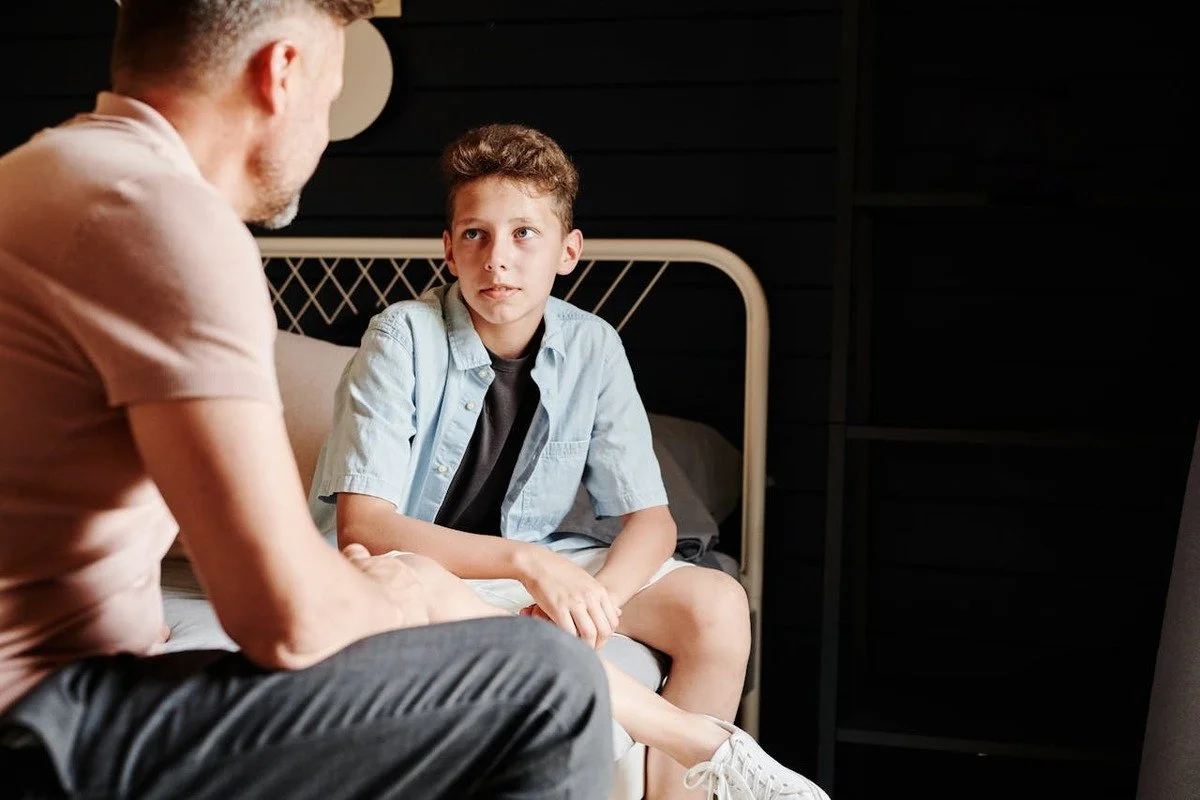Can the right foods help your recovery? Learn how proper nutrition boosts sobriety, repairs the body, and supports mental wellness on your healing journey.
Your Guide to Starting Recovery Treatment for Addiction
Addiction Treatment Near Boise, Idaho: Why Choose The Walker Center in Gooding
How To Help a Friend Struggling with Addiction
Why It’s Important to Talk About Addiction
What Is National Recovery Month and Why Is It Important?
CEO of The Walker Center Honored with Prestigious National Award for Addiction Professionals
At The Walker Center, we are thrilled to announce a monumental achievement by our Chief Executive Officer, Deborah Thomas, LPC, CADC, MAC. Deborah has been awarded the prestigious 2024 Mel Schulstad Professional of the Year Award by NAADAC, the Association for Addiction Professionals. This national honor is a testament to her unwavering dedication, innovation, and leadership in the field of addiction counseling..
Holding a Grudge Against an Addict?
So your loved one has gotten treatment and they are in recovery, and you can’t help but hold a grudge for all the difficult, hard, and painful times they put you through.
You’re dealing with the guilt of bearing a grudge; you know you should be happy for them, be supportive… However, you find it hard to move on after all you have been through. Just because they said sorry and are doing better doesn’t erase the past. How can you deal?
How to Prevent Addiction Relapse, Long-Term
Relapse prevention is a continual part of the recovery journey. Understanding how to manage stress, build a strong support system, and overcome feelings of guilt and shame can significantly increase the likelihood of long-term sobriety. Whether you are in recovery or supporting a loved one, knowing these strategies can provide the necessary tools to navigate the challenges of maintaining sobriety.
How to Reconnect with Family and Friends After Addiction Treatment
Emerging from the shadows of addiction into the light of recovery is a monumental achievement. However, the next challenge lies in reintegrating into social and family life. The journey of recovery doesn't end when treatment concludes; it continues as you rebuild relationships that may have been strained or altered by past addictive behaviors. At The Walker Center, we understand the complexities of this transition and are here to support you as you navigate these new dynamics.
How to Help Someone Addicted to Heroin
Prescription Drug Addiction and Proactive Strategies for Long-Term Sobriety
Prescription drug addiction is a growing concern that affects individuals from all walks of life. Many people begin using medications to cope with pain, anxiety, or other medical conditions, only to find themselves losing control. This article aims to provide individuals, family members, friends, and partners of those struggling with prescription drug addiction with actionable strategies to support long-term sobriety.
Free Addiction Resources To Help Stay on Track with Recovery
Combining Nutrition and Nature in Addiction Recovery
How to Discuss Addiction Treatment With Your Employer
Seeking treatment for a substance use disorder is a life-changing decision and for many people in recovery, the choice to get professional help holds the key to getting their life back on track. Nevertheless, addiction treatment is a considerable commitment, especially for those in need of assistance from an inpatient program.
5 Ways a Sober Living Home Can Strengthen Your Recovery Goals
In the early stages of addiction recovery, it is not uncommon for the newly sober to discover their current living environment is creating a roadblock on their journey, as they may find themselves surrounded by distractions, stressors, and temptations that can usher in a relapse. In this post, we will explore the benefits of a sober living home, what you can expect from sober living requirements, and how changing your environment can radically encourage your recovery goals. Keep reading to learn more.
Marriage and Mental Health: How to Support a Spouse With Depression
Depression can have devastating effects on those who suffer from it and their loved ones. If your spouse or partner is suffering from depression, the symptoms can have a strained impact on your marriage. However, your support is vital to helping your spouse as they work to overcome their mental health struggles. Keep reading to learn what you can do to help.
6 Addiction and Recovery Podcasts to Help Your Sobriety Thrive
One of the hard truths of recovery is sticking with your decision to lead a sober lifestyle takes work. It isn’t a choice you make once, but rather one that you keep making time and time again. When the sobriety motivation starts to wane, having an arsenal of resources to support you can help you get through the tough moments without risking the progress you’ve already made. Grab your headphones and your favorite booze-free treat, here are 6 empowering recovery podcasts to keep you motivated on your path to sobriety.
What are the 5 Stages of Mental Health Recovery?
There are 5 stages of mental health recovery. The stages include accepting support, educating yourself, taking action, building the framework, and committing to recovery. Each stage involves different aspects of seeking help, gaining insight, implementing tools, finding fulfillment, and making a commitment to ongoing recovery.






















